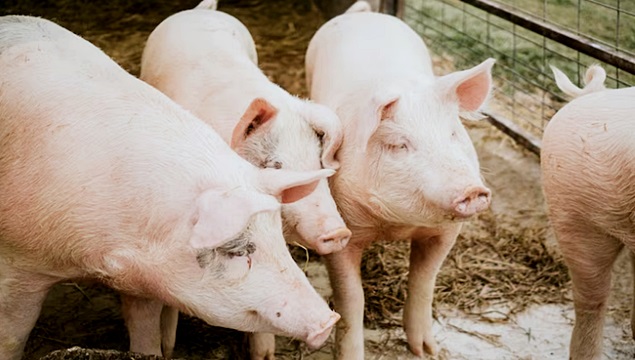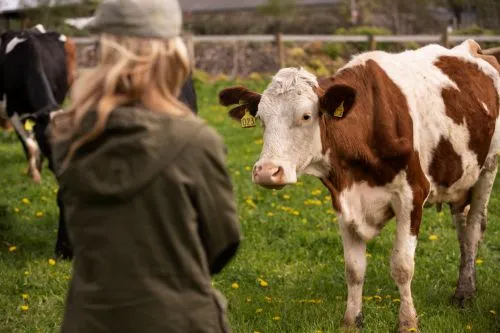1202

AllAboutFeed notes that a group of scientists from the North Trans-Ural State Agricultural University has revealed details of a study aimed at developing feed additives from potato peels and beer grains.
A protein feed supplement
The researchers claim to have developed a formula for a complete protein feed supplement based on beer grains and an energy supplement from potato peels.
Preliminary tests have shown that the new animal feed additives would have a positive impact on animal health and production performance. In particular, dairy herd productivity using the protein and energy additives is estimated to increase by 6-10%, according to the scientists.
"Beer grains lack amino acids, but there are many other useful substances that help increase milk production, enhance the protein and fat content of milk, reduce acidity, and preserve taste," said Georgy Yarmots, one of the study's authors, adding that there is a sufficient resource base to quickly establish industrial production of the feed additives.
Ensuring self-sufficiency
"In the Tyumen region, beer grains and feed additives based on them are not produced. Meanwhile, one of the largest local enterprises consumes approximately 15 tons of grains daily, so there will certainly be no problems with raw materials. Additionally, by having our own production, it will be possible to completely abandon the purchase of feed additives from abroad," Yarmots added.
The scientists have also developed a method for processing potato cake through hydrobarothermy. As a result, the carbohydrate content of the mixture increases by 150%.
The decontaminated and dried raw materials can be used in their pure form as animal feed or used for further processing, enriched with vitamins, minerals, and trace elements to obtain a complete feed supplement. The study authors are already looking for a site to test their technologies.
Processing feed industry waste
"There is an opportunity to establish a small enterprise for the processing of food industry waste at one of the farm's experimental facilities at the university," Yarmots revealed. "You will need a hydrobarothermic chamber and a dryer.
Within a year and a half, we intend to obtain a feed additive from beer grains, demonstrate its effectiveness, and then focus on an additive from potato flour."
As an alternative, the scientists said they could assist an agricultural company in establishing internal production of animal feed additives.





